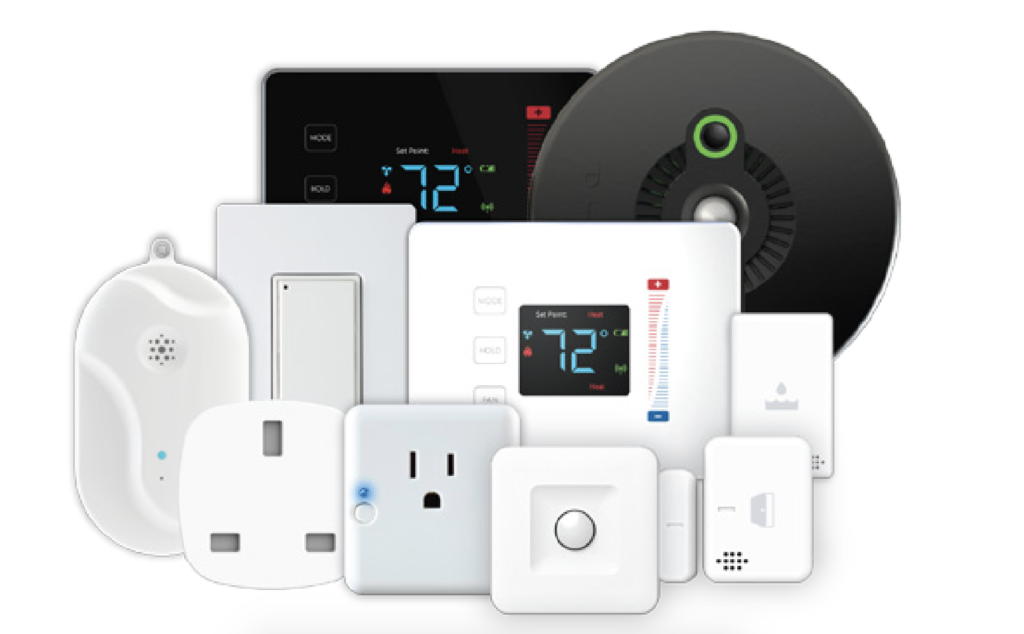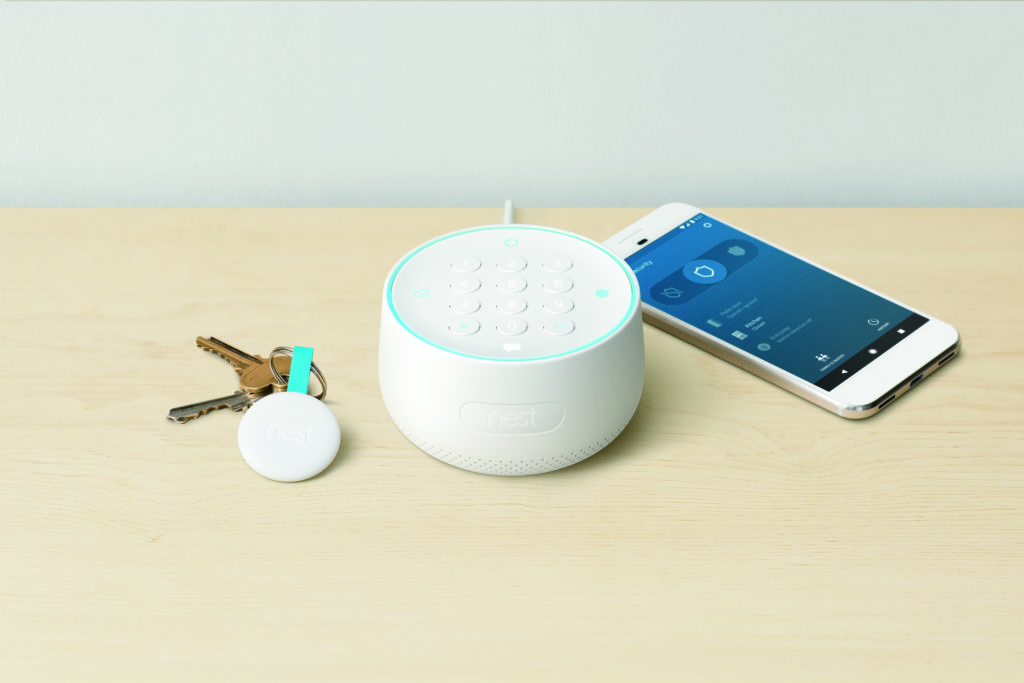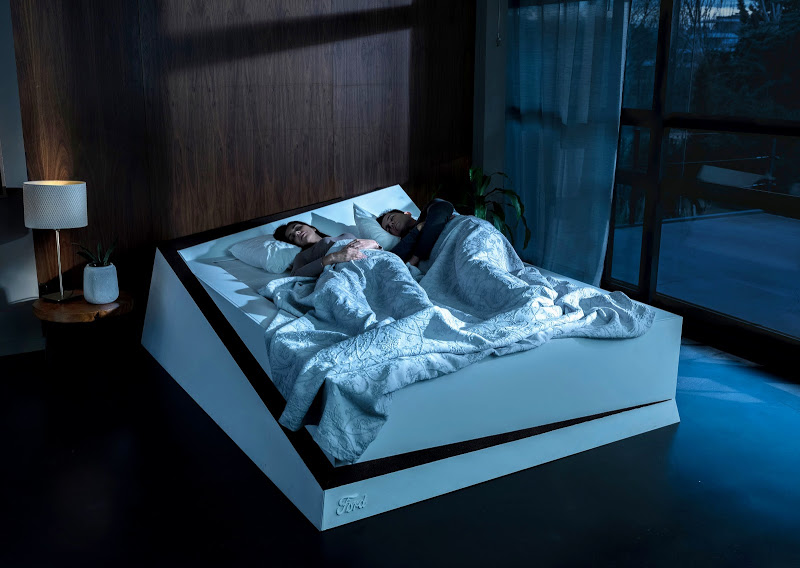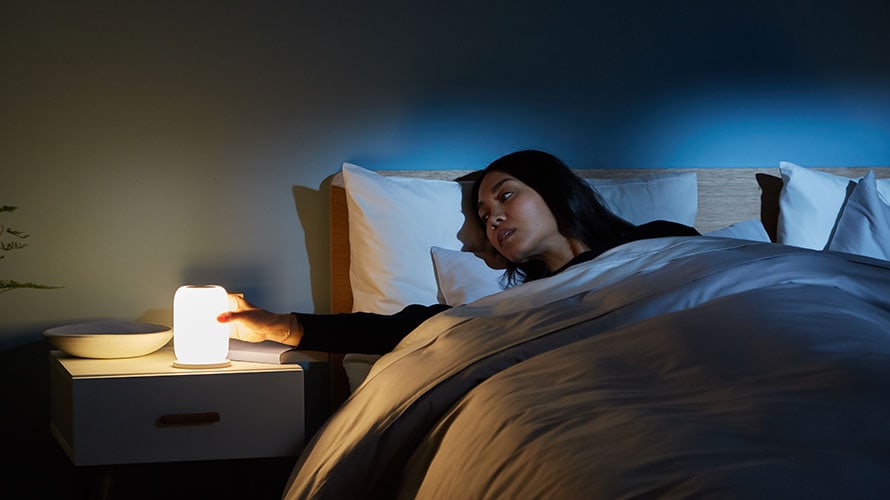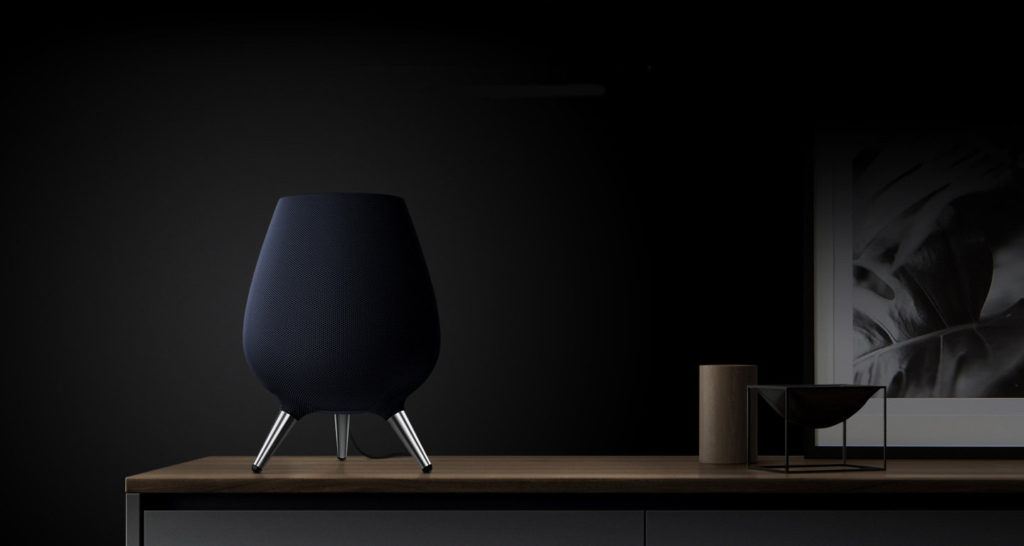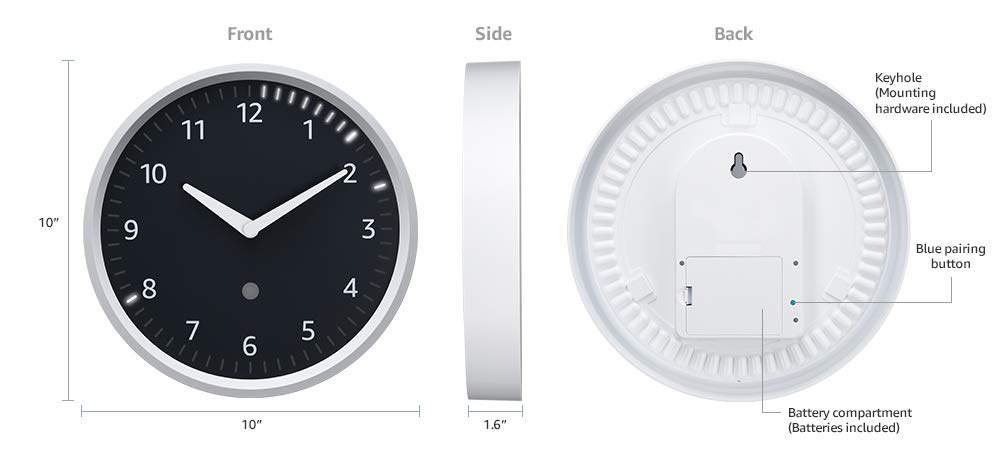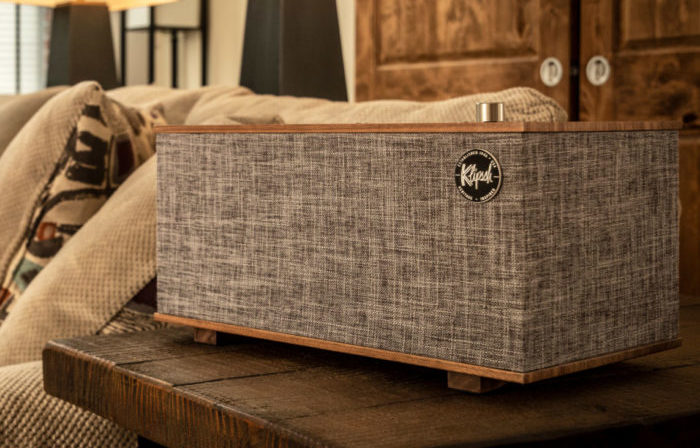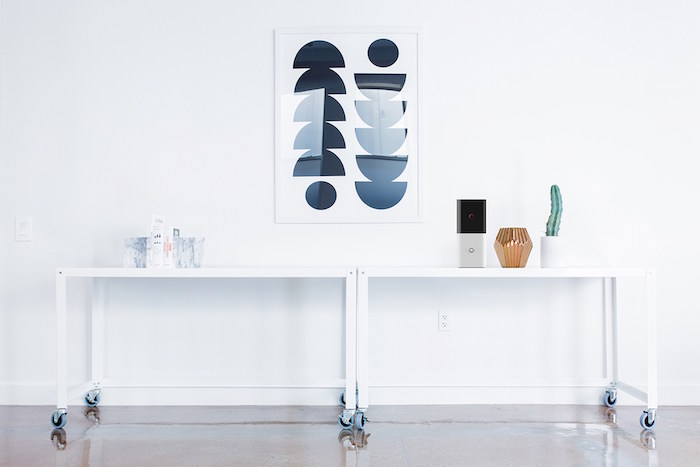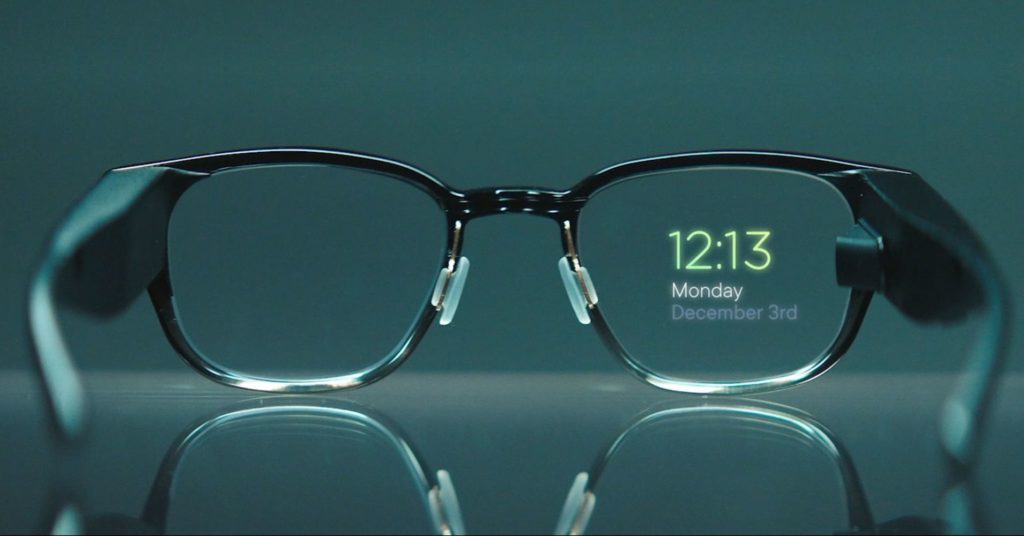This week’s show features a lot of little news bits starting with a discussion about Charter testing a new smart home device management platform and another chat about facial recognition. We then return to the lessons that Boeing’s 737 MAX saga have to teach the IoT industry before diving into Google news starting with continued conversations for Google Smart Displays, the new local transcription service and what it means for the smart home, and a cool service for the visually impaired. The Amazon purchase of Eero is now closed and an appliance maker added an easier way to connect its products to Wi-Fi, so keep an eye on that. We close by answering a question about an appropriate outdoor plug for a Wyze camera.
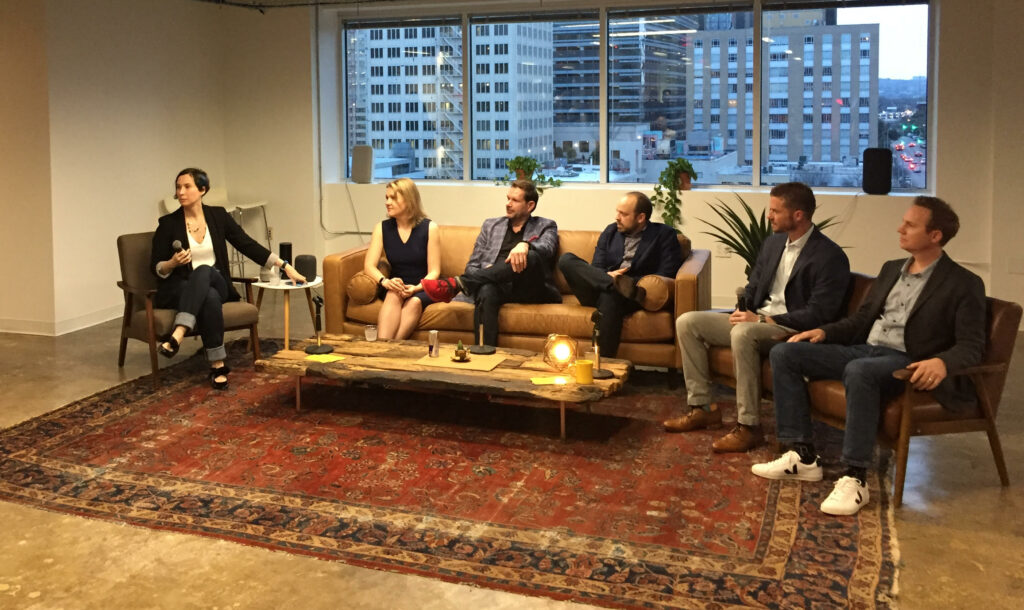
Our guest this week is actually five guests who joined me for a smart home panel in Austin during South by Southwest. The panel was hosted by Yonomi and sponsored by Resideo, Schlage, and Gentex. Thank you to Yonomi, which also provided the recording. The panel covered who gets your data, why people are willing to accept microphones in their homes and what businesses get out of connected products. Our guests are Jim Hunter, CTO, Delos; Hanns Anders, investment director, iRobot; Devren Hobbs, director of product, Tendril; Dan Davis, director, IoT and Emerging Markets, LexisNexis Risk Solutions; and Mark Reimer, sr. director connected home and home security products, Charter Communications. You’ll feel like you’re at SXSW ready to catch some live music and a free beer.
Hosts: Stacey Higginbotham and Kevin Tofel
Guests: Jim Hunter, Delos; Hanns Anders, iRobot; Devren Hobbs, Tendril; Dan Davis, LexisNexis Risk Solutions; and Mark Reimer, Charter Communications
Sponsors: Afero and Western Digital
- Facial recognition follies are all the rage this week
- Will your future dishwasher phone home without your knowledge?
- Why do manufacturers want to connect their devices?
- The connected world should stop hiding behind terms and conditions
- If your house can predict an illness who will it tell?
Podcast: Play in new window | Download | Embed
Subscribe: RSS

